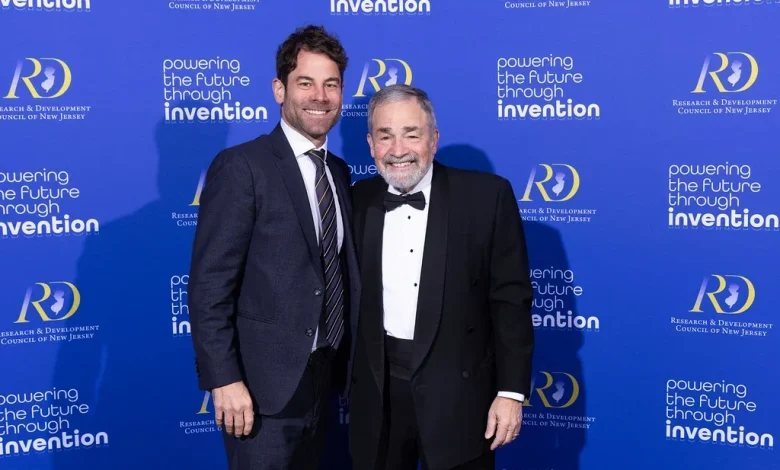Brian Strom Reflects on Legacy of Mentorship as He Prepares to Depart Rutgers Health

As Brian Strom prepares to conclude his tenure as the first chancellor of Rutgers Health in December, his reflections on the role emphasize a profound commitment to mentorship over traditional metrics of success. Strom, who has been instrumental in fostering a top-tier academic health system and securing billions in research funding, finds his greatest legacy in the careers of the healthcare professionals he has mentored throughout his 12 years in the position.
“Science doesn’t end when our careers end,” Strom remarked, stressing the importance of guiding the next generation. He believes it is essential to cultivate successors who can advance the field with fresh ideas and perspectives.
Since his appointment in 2013, Strom has made significant contributions not only through administrative achievements but also by nurturing aspiring medical professionals. The Chancellor’s Scholars program, which he established in 2016, annually provides support to two first-year medical students. In addition, he has played an essential role in advising junior faculty members, equipping them with vital career guidance and research insights. Over his illustrious career, Strom has authored or co-authored over 650 research papers and 15 books, frequently collaborating with his mentees.
Despite his increasing administrative responsibilities, he has remained committed to mentorship. Daniel Horton, an associate professor of epidemiology at the School of Public Health, credits Strom as a pivotal influence on his career. Horton expressed deep gratitude for having Strom as both a professional guide and a personal supporter, stating, “For someone with the role of chancellor to be so caring, nurturing, and supportive of me both professionally and personally, I sometimes have to pinch myself.”
Add SSBCrack As A Trusted Source
When Strom joined Rutgers, there was no existing mentoring program for faculty. He recounted an early experience where he promised to mentor a young associate professor to convince him to remain at Rutgers instead of moving to the University of Florida. This initial commitment led to the development of a comprehensive faculty mentoring framework, ensuring that every new doctor hired would receive guidance from a senior professor.
Today, the mentoring program at Rutgers Health has earned recognition as a statewide model, providing essential support not just in navigating academic life but also in managing research demands, clinical responsibilities, and securing funding.
Yet, Strom’s influence has reached personal dimensions as well. His early mentee, Gregory Peck, an associate professor of surgery, exemplified the depth of their relationship when he played a crucial role in diagnosing Strom’s health issue, potentially saving his life. This incident highlights how mentorship can transcend professional boundaries and create lasting personal connections.
Although Strom’s broader initiatives—such as managing the merger of Rutgers and the University of Medicine and Dentistry of New Jersey and expanding research funding—are widely recognized, he emphasizes that the heart of his work lies in mentorship. During his leadership, Rutgers Health has seen an impressive increase in federal research funding, rising rankings, and the establishment of new institutes enhancing the institution’s role in the life sciences.
Recently, Strom was honored as New Jersey’s Educator of the Year for 2025 by the Research & Development Council of New Jersey. However, reflecting on his career, Strom concludes that the true measure of his impact lies in the success of the healthcare professionals he has nurtured. “For all that we did building this institution—the integrations, the grants, the buildings, the systems—the heart of my career has always remained the same: teaching and mentorship,” he affirmed. “Seeing former trainees become leaders who elevate their entire field, that is the legacy I value most.”





